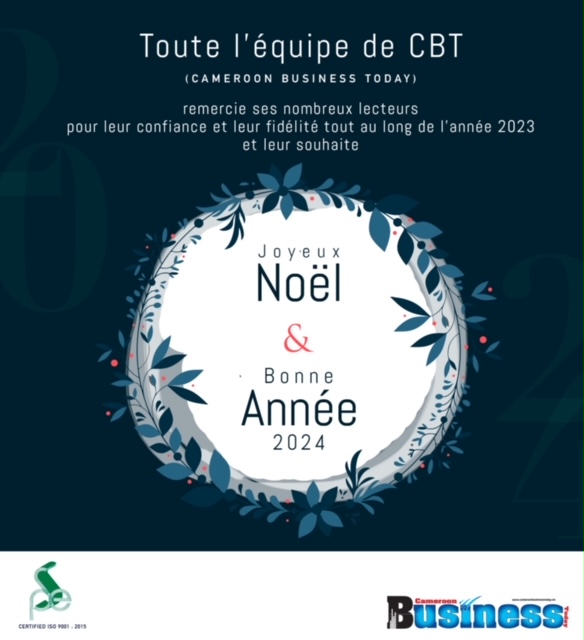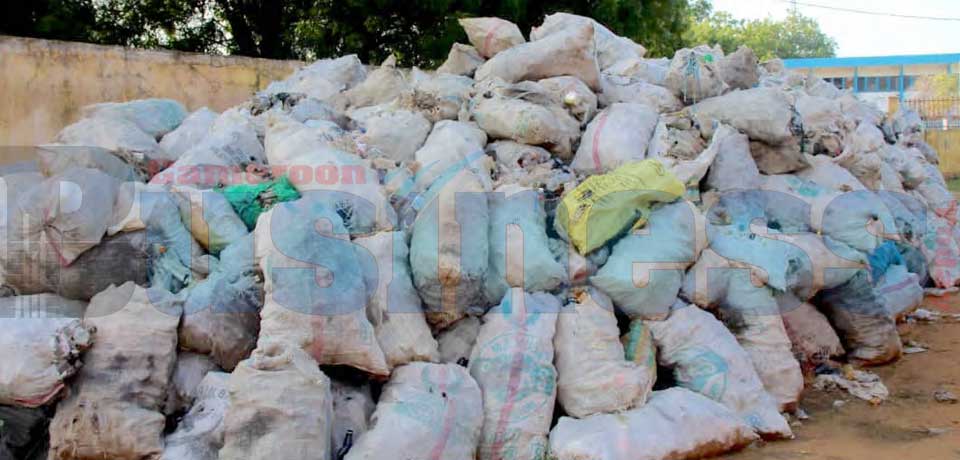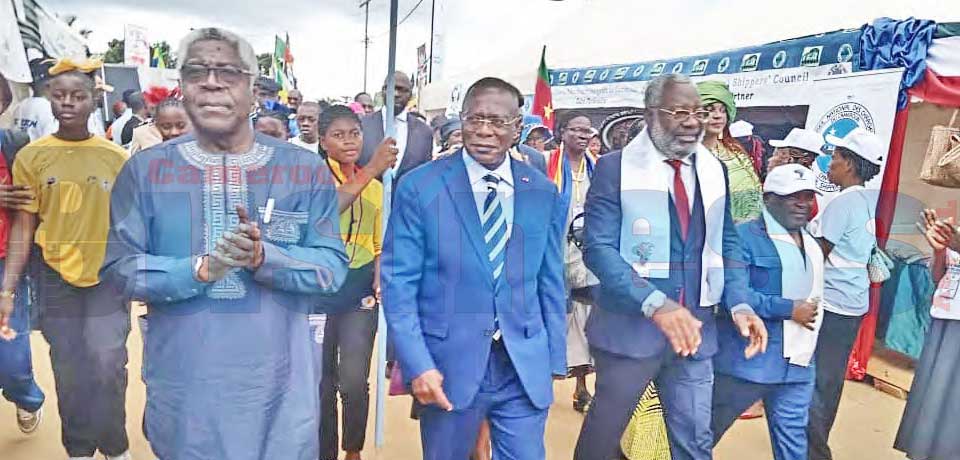On August 25, 2023, Cameroonian artists in a press conference spat fire against the non-payment of authors’ rights and gave a 72 hours ultimatum to the enterprises. What is the situation at the moment?
After the press conference, one of the telephone operators (MTN) who happens to be the president of the association of telephone operators, called us and we had a preliminary meeting on Friday September 1, comprising the President of SONACAM, SCAAP and the Control Committee. The meeting permitted them to understand exactly what was at stake and what we were actually asking from them. At the end of the meeting, the major resolution was that a team will be set up comprising experts from all telephone operators in Cameroon to open negotiations with authors’ rights corporations and their experts so that a contract can be signed and this problem will be solved once and for all. Equally, there had been a contract for corporate payments. Usually, we have two bills that we submit to the telephone operators. There is what is called the Corporate Bill; that is for works that are used in their own company like paintings on the walls, photographs, laptops and computers which carry music which they use. They sometimes organize events even in their offices and use our works. That is what we call corporate payments. MTN was supposing to be paying FCFA 10 million a year. So for the six years that they have not paid, they have accepted to do quick payment (by press time) to show their good faith. We think that the payment is ongoing. Also, there was a descent by syndicates that were really angry at the MTN company in Yaounde so we have agreed to sit on the negotiating table. But of course, there is not only mobile telephone companies that were not paying. For other companies which have been dragging their feet, we equally met the Governor of the Littoral Region with the list of the companies which are located in Douala. The Governor promised to summon them for a meeting with us so as to press for the payment.
Globally speaking, how much are the enterprises owing the artists as authors’ rights?
The recalcitrant companies that had signed contracts and are not paying owe artists about FCFA 280 million. But the mobile telephone companies operating in Cameroon have bills that they have never paid. The Ministry of Arts and Culture signed a decision No. 00192 in which he is giving the copyright companies the authorization to collect as far back as 2005. We have given them a bill of about FCFA 10 billion per company. If you calculate the various usages that they do for what we call value added services, you will see that the content of the telephone is artistic. Music that people play on Youtube, share on WhatsApp etc, whether it is drama, videos or novels that can be downloaded using the telephone and which people use to entertain themselves, ringtones that people listen to when they call, sales directly done on various websites and each time you download there is an amount that is deducted for internet services by the mobile telephone operators. The artists have to be paid. This is where we billed them from now down to 2005. Each mobile telephone company has been billed. More than FCFA 10 billion for MTN and Orange each, FCFA 600 million for CAMTEL because they just got into the market and over FCFA 4 billion for Nexttel. That is what we billed them and we are hoping that we will negotiate objectively on the technical basis before arriving at the real figure. What is the mechanism of evaluation for you to be able to bill each company? We took into consideration what mobile telephone companies pay elsewhere, the number of subscribers they have, the various value added services which they are entitled to. Those are the various elements we are taking a percentage because the law permits us to bill them based on their market share and their turnover. But during this negotiations, if they cannot share that information with us then we shall agree on a global amount which they will pay and an amount that they will hence forth pay every year for the usages that they do with our works.
What are the strategies put in place to ensure that you recover the money owed by these enterprises?
We started by writing to them through our legal experts but the reaction was slow. We went through the regulatory body (ART) and we had written to the Presidency to inform government of what the companies have been doing which is not correct. When we did not get the results coming, we had a press conference and artists especially trade unions and associations in our milieu are ready to take the battle by blocking work in their companies. We are ready to go down to the field to that level to make them pay. But the long and short of it is that we are ready to negotiate and we suggest that instead of allowing us to do things that will destroy their images, they would accept to come and negotiate with us.
Most of your attention is focused on mobile telephone companies. What about other companies that are supposed to be paying the royalties and why are they paying these royalties?
The 2000 law gives us the possibility to collect money for our works that are being exploited outside private use. Now, if you look at almost all the companies in Cameroon, you will see that they use our works because we are not only talking about music but we are equally talking about writings, paintings and photographs. If you go to almost all the offices in Cameroon, you will see that our works are being used everywhere. Even ministries are supposed to be paying authors’ rights. If you go to any ministry, you will see paintings, photographs etc. They organize events within their ministries where they use music and they don’t pay us. You are not supposed to use our music to do your public events or entertain people visiting your offices without paying us. But it has been taking a lot of time to sensitize. We recently signed a contract with GICAM that has over 400 members and we have been sensitizing them so as to accept to sign contracts with us for our works that are being used. You will see that most of the companies in Cameroon are supposed to pay authors’ rights but as at now, ver...

















Commentaires